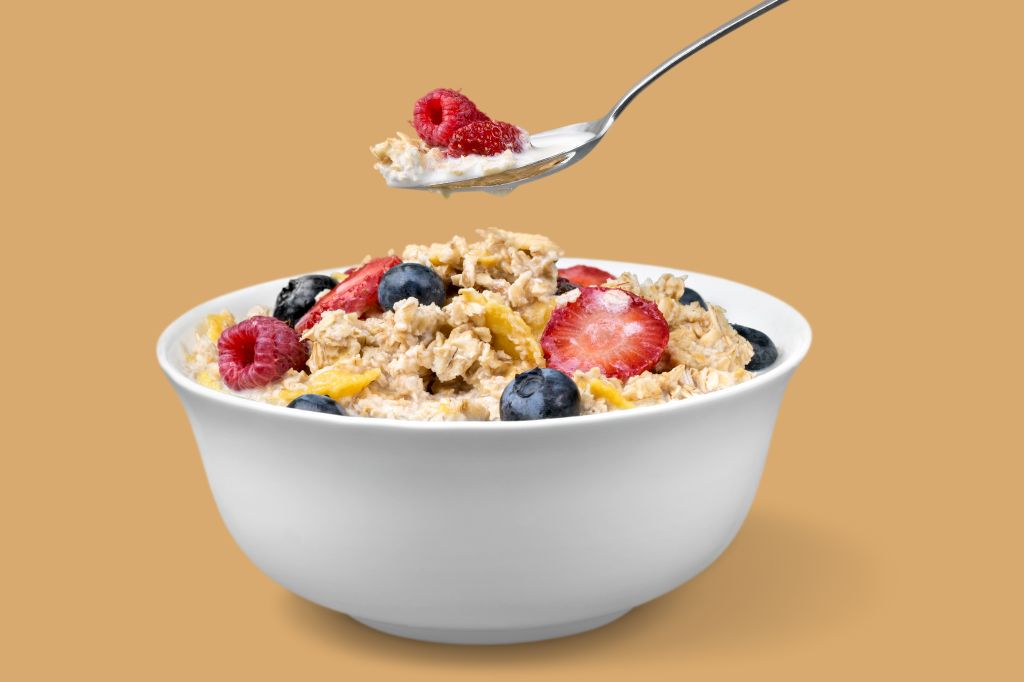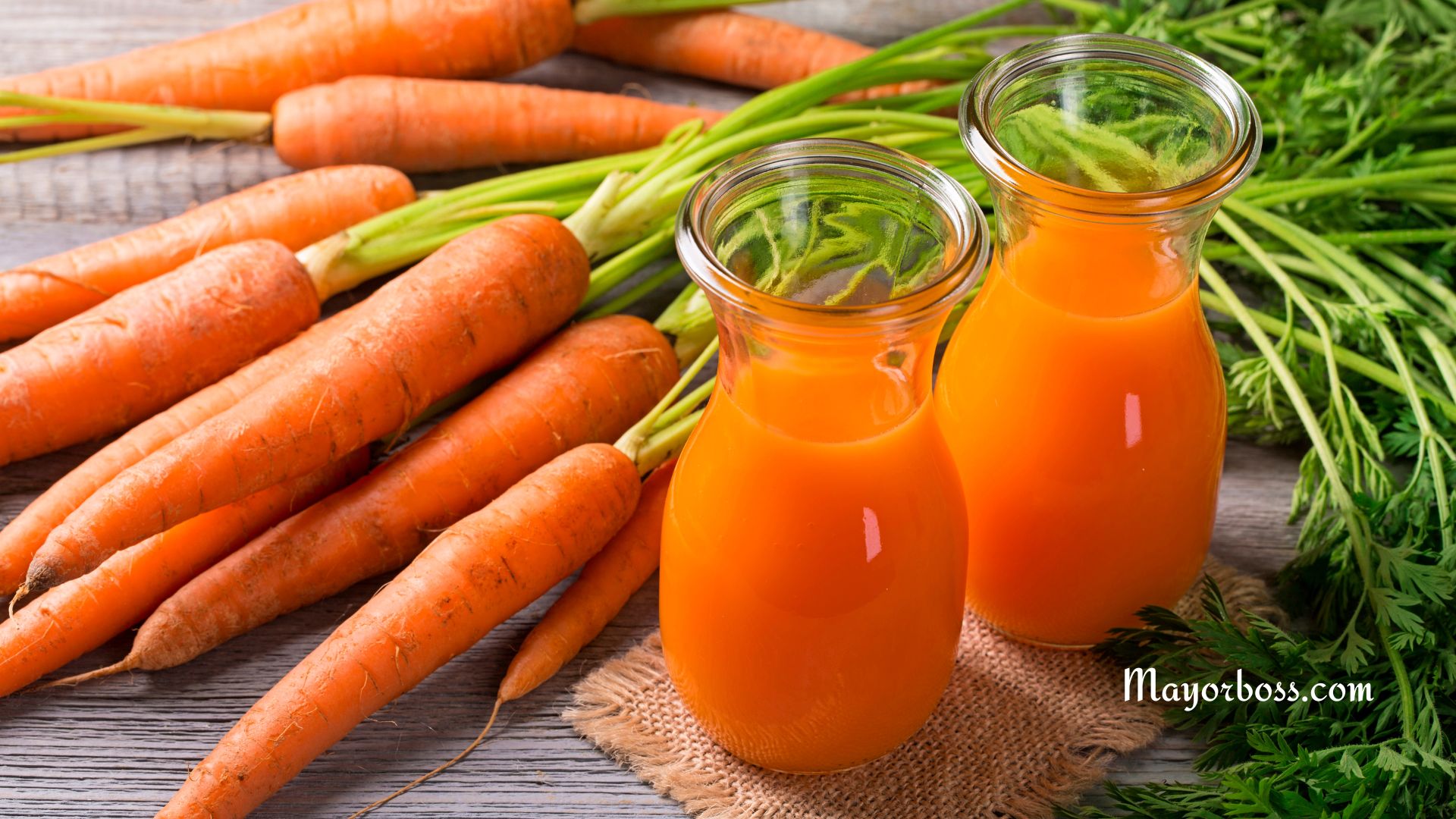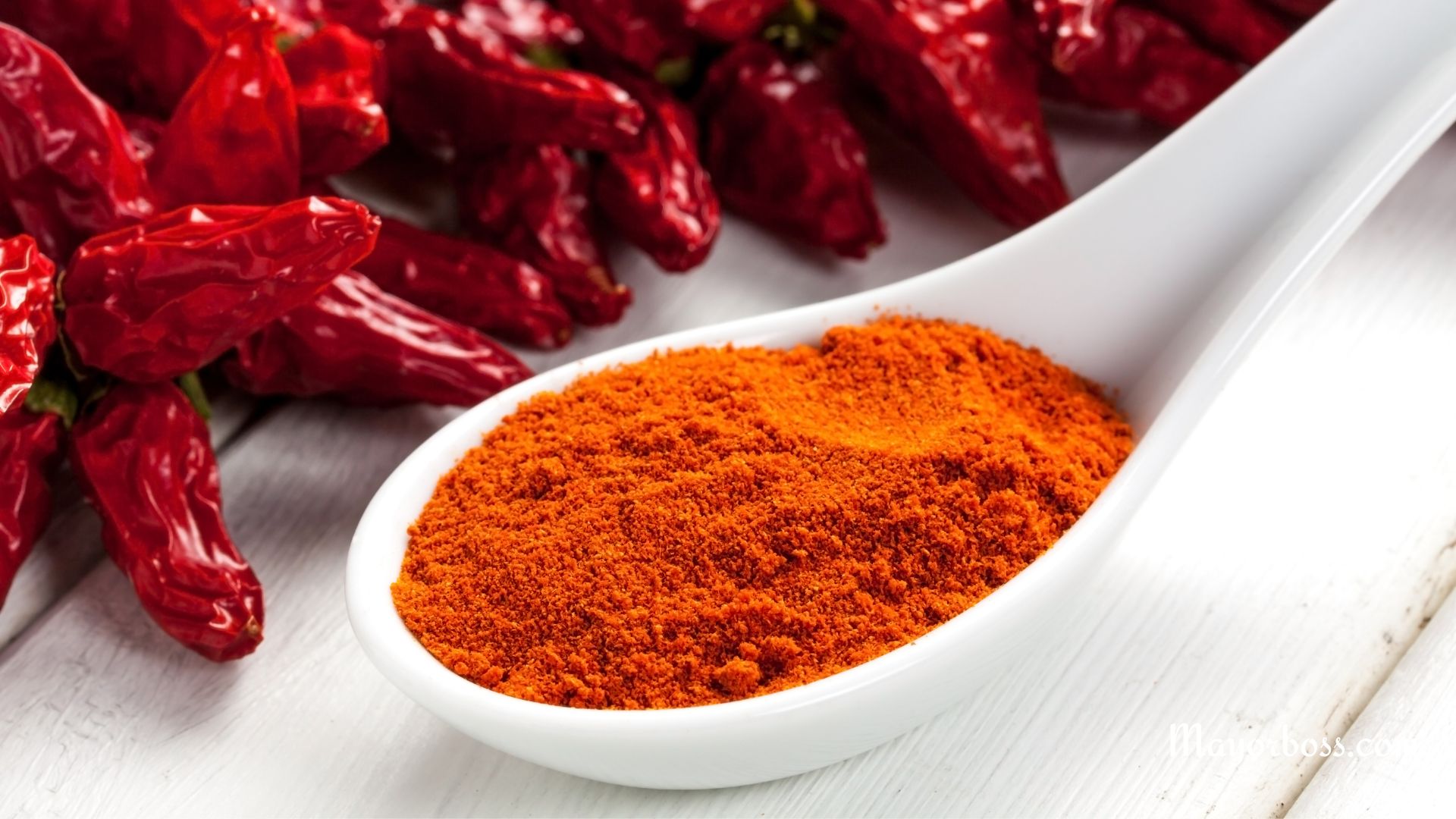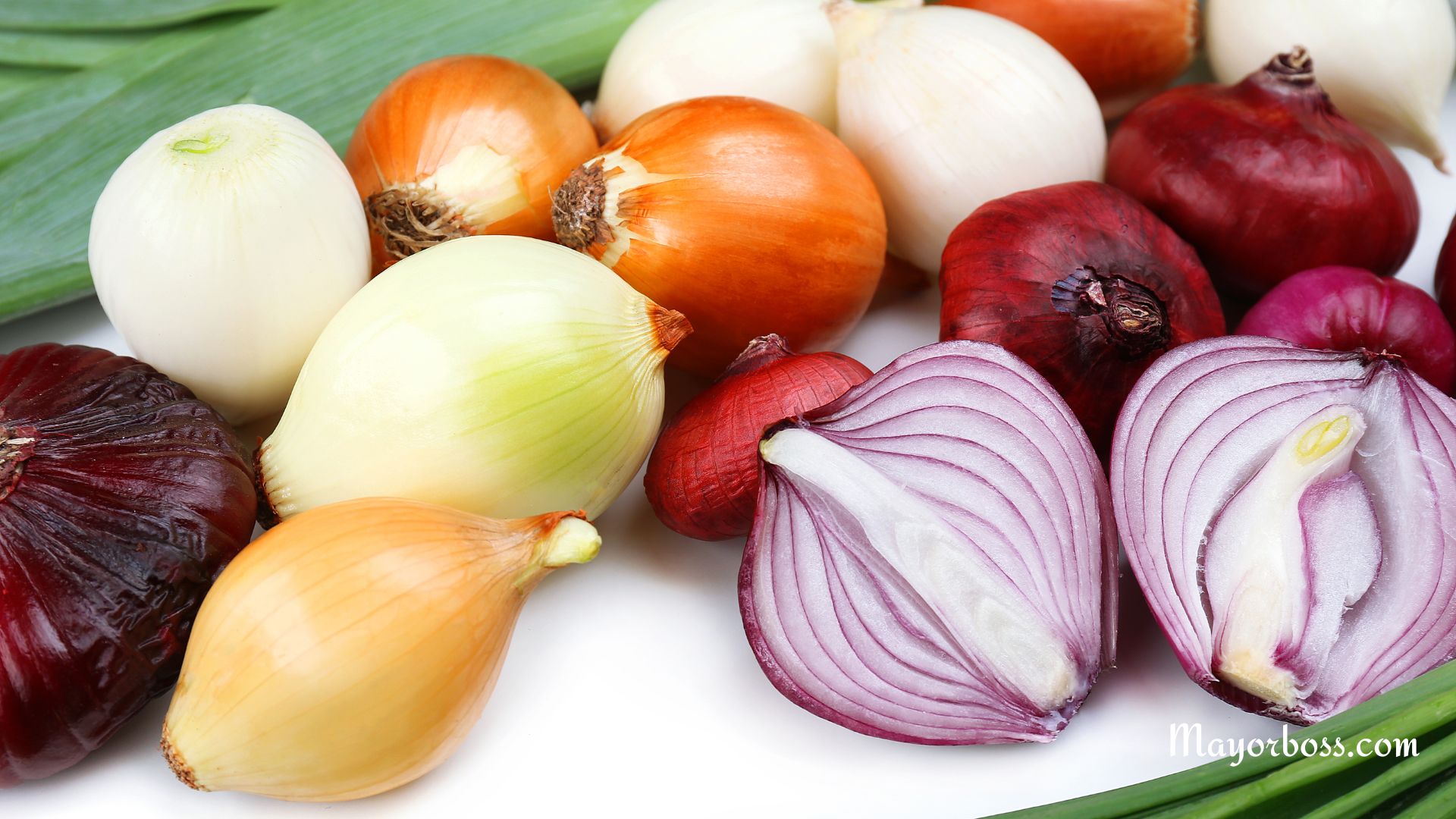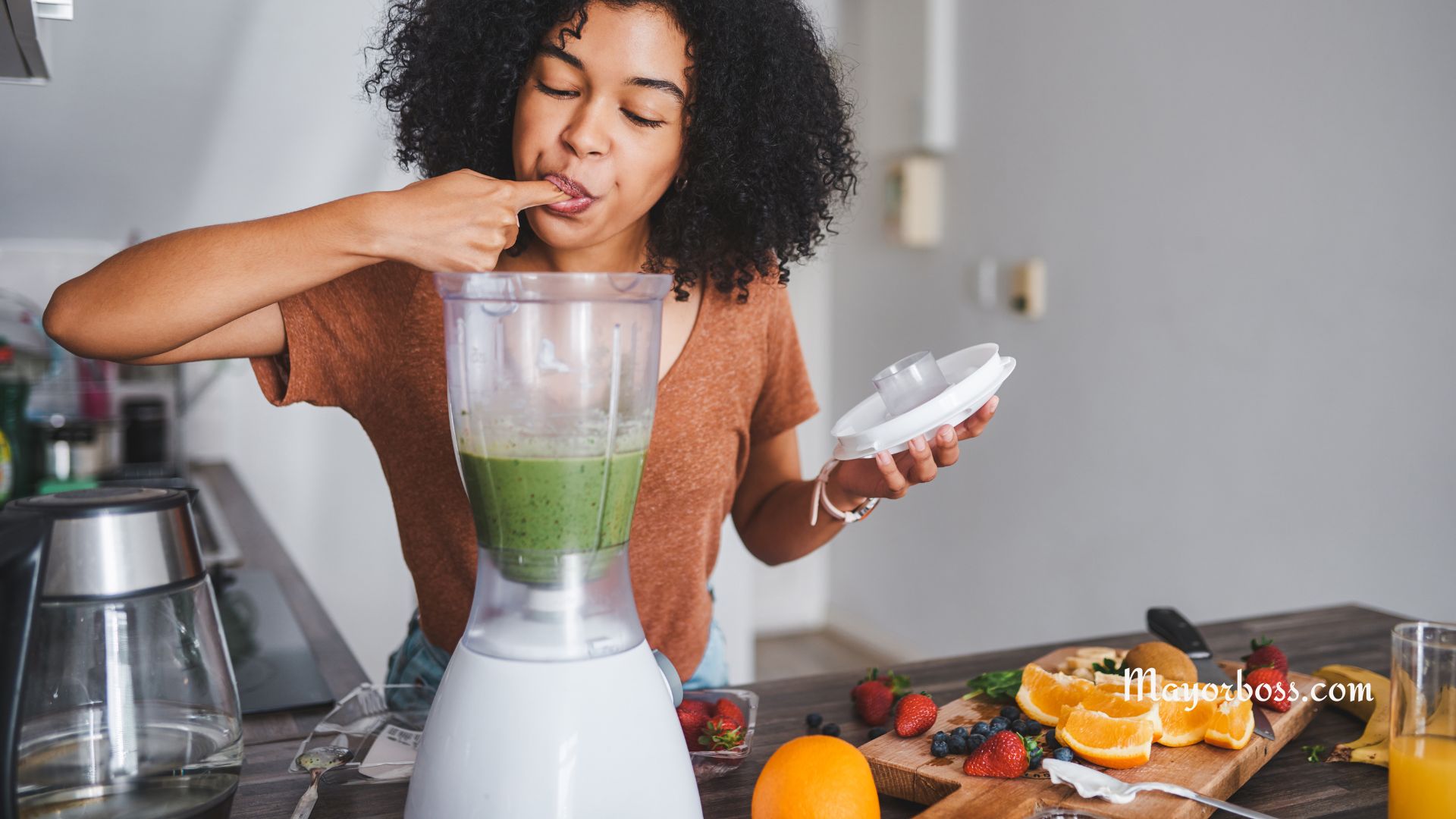15 Foods that are High in Protein
Protein is a powerful building block for your body. It’s used to repair and maintain tissues, produce enzymes and hormones, and support healthy muscle growth. If you’re looking to build muscle, lose weight, or simply maintain a healthy diet, opting for foods high in protein is key.

The Importance of Protein
- Muscle Growth and Repair: Your muscles are made of protein, so a diet rich in this nutrient is indispensable for building and maintaining muscle mass.
- Satiety: Protein helps you feel full and satisfied after meals, preventing overeating and aiding in weight management.
- Blood Sugar Control: High-protein foods can help stabilize blood sugar levels, supporting energy throughout the day.
- Stronger Bones: Protein contributes to bone health and can help reduce the risk of osteoporosis.
Delicious High Protein Foods
Let’s delve into some of the best high-protein options to include in your meals:
Animal-Based Proteins
- Chicken Breast: A classic lean protein source. One 3-ounce serving offers roughly 26 grams of protein.
- Fish: Excellent choices include salmon, tuna, cod, and sardines. Packed with protein and heart-healthy omega-3 fats.
- Eggs: One large egg boasts around 6 grams of protein. Eggs are also versatile and affordable.
- Beef: Opt for lean cuts like sirloin, flank steak, or ground beef (90% lean or higher) for maximum protein benefits.
- Pork Tenderloin: A surprisingly lean and protein-rich option, similar to chicken breast.
Dairy Products
- Greek Yogurt: Creamy and satisfying, Greek yogurt usually contains double the protein of regular yogurt.
- Cottage Cheese: A convenient on-the-go protein snack with lower fat content than many cheeses.
- Milk: Not just for strong bones! Milk provides a decent dose of protein alongside calcium and vitamin D.
Plant-Based Proteins
- Lentils: These legumes are high in protein, fiber, and essential nutrients.
- Beans: Kidney beans, black beans, chickpeas—they’re all stellar protein picks and contribute to your regular fiber intake.
- Tofu: Versatile and adaptable. Firm tofu works well in stir-fries, while silken tofu can be blended into smoothies and sauces.
- Tempeh: Made from fermented soybeans, this adds a slightly nutty flavor and chewy texture to meals.
- Quinoa: Technically a seed, quinoa is a complete protein, meaning it provides all nine essential amino acids.
- Nuts: Almonds, walnuts, and cashews are convenient protein-packed snacks to have on hand.
- Seeds: Chia seeds, pumpkin seeds, and hemp seeds offer substantial amounts of protein alongside fiber and healthy fats.
Incorporating High-Protein Foods into Your Diet
Focus on variety when choosing your protein sources, and try these incorporation tips:
- Breakfast: Greek yogurt with berries, an egg white omelet, and whole-grain toast.
- Lunch: Salad with grilled chicken, a lentil soup, or a tofu scramble wrap.
- Dinner: Baked salmon with quinoa, tempeh stir-fry, or beef and bean chili.
- Snacks: Cottage cheese and fruit, protein smoothie, a handful of nuts and seeds.
Frequently Asked Questions
1. How much protein do I need daily? The general recommendation is about 0.8 grams of protein per kilogram of body weight per day. Active individuals and those looking to build muscle may need more.
2. Is there a limit to how much protein I can eat in one sitting? Your body can efficiently utilize about 25-35 grams of protein at once. Spreading protein intake throughout the day is ideal.
3. Does it matter if I get my protein from animal or plant-based sources? Both are great options! Focus on what fits your dietary preferences and ensures a variety of nutrients.

